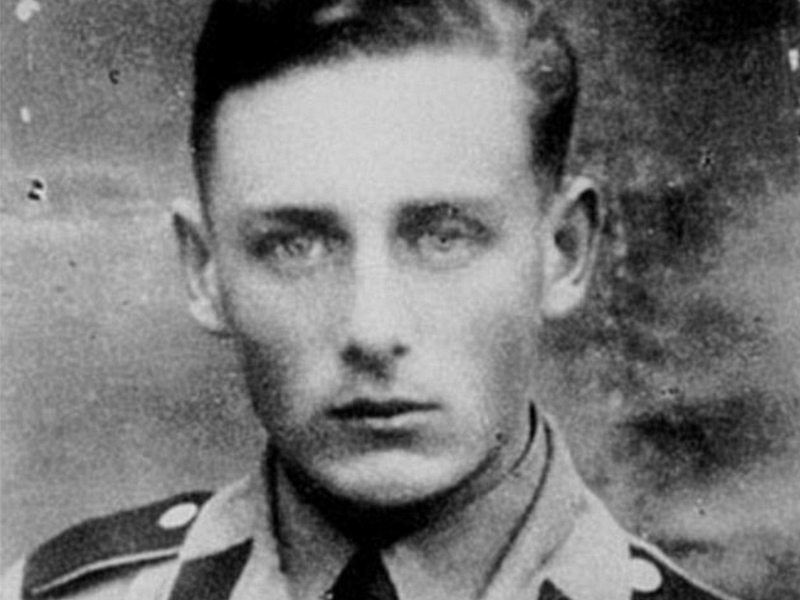It’s possible that the long, procedure-filled case of Nazi collaborator Helmut Oberlander is finally coming to an end.
On April 24, the Federal Court of Appeal shut the door on his legal challenge to a cabinet order to revoke his citizenship, which would pave the way for his removal from Canada for lying about his wartime role as a member of a Nazi killing unit.
Whether that leads to Oberlander’s deportation remains to be seen. The cabinet, through orders in council, has previously ordered his removal from the country, but the Kitchener, Ont., resident has successfully challenged the removal orders in the past.
This time, in a unanimous three-judge ruling delivered by Justice Richard Boivin, the court ruled that Oberlander’s latest appeal “be removed from the court file and that the file be closed.”
The court agreed with lawyers representing the attorney general of Canada that Oberlander’s latest appeal, which alleged bias on the part of a Federal Court judge, was unfounded.
Oberlander had appealed a Federal Court decision from Sept. 27, 2018, in which the former member of Einsatzkommando 10a, a Nazi killing unit, asked for a judicial review of a 2017 government decision to revoke his citizenship.
Bernie Farber, the former CEO of the Canadian Jewish Congress who has been following the case against Oberlander since it was launched in 1995, believes he has exhausted all his legal options. All that’s left now is his removal, likely to Germany, Farber said.
Farber, who called Oberlander “the last Nazi standing,” said “it took way too long. This is not going to be a great legacy for the Canadian judiciary in dealing with war criminals.”
The Canadian legal system, he continued, provided Oberlander numerous avenues of appeal.
“Think of how much justice the victims of Einsatzkommando 10a got. They didn’t grow to be 95” (Obderlander’s age), Farber said.
The government’s next step should be to deport Oberlander, Farber added.
According to Canada’s Program on Crimes Against Humanity and War Crimes – 2011–2015, which was published by the Department of Justice, Oberlander did not tell immigration officials of his role as an interpreter, and later as an infantry member, with Einsatzkommando 10a, “a unit that systematically carried out mass executions of civilians, particularly Jews, in the occupied Soviet Union.”
The Federal Court ruled in 2000 that Oberlander obtained his citizenship through deception and the governor-in-council first revoked his citizenship in 2001.
Legal challenges to the cabinet decision followed over the years, despite the governor-in-council revoking Oberlander’s citizenship again in 2007, 2012 and 2017.
